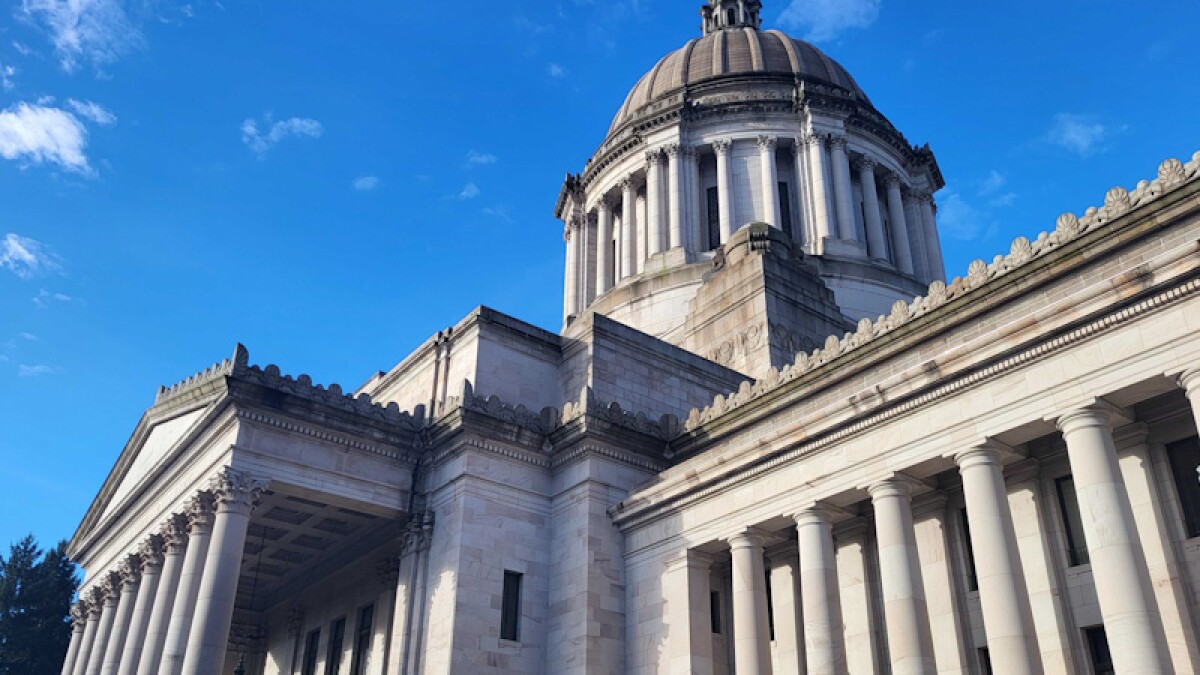The 2024 legislative session in Washington saw a rapid pace in its second week compared to the first.
The week commenced with the observance of Martin Luther King Jr. Day on Monday, followed by lawmakers swiftly resuming their duties amidst a bustling atmosphere at the capitol.
A Senate committee deliberated on Senate Bill 5444 concerning firearms regulations, while the subsequent day witnessed a House committee conducting hearings on five related bills.
Progress unfolded later in the week as the House committee modified and endorsed three firearm bills. Among them, House Bill 2118 mandates heightened security measures for gun dealers, and House Bill 1903 necessitates the prompt reporting of lost or stolen firearms to law enforcement within 24 hours.
Furthermore, the House State Government and Tribal Relations committee received input from incarcerated individuals regarding House Bill 2030, which aims to reinstate voting rights for convicted individuals—a proposition met with resistance from Republicans.
Derrick Jones, the president of the Black Prisoners Caucus at the Washington Corrections Center in Shelton, emphasized the bill’s significance in fostering community safety and addressing the racial biases ingrained in mass incarceration.
Supporters of Washington’s capital gains tax rejoiced over the U.S. Supreme Court’s decision not to review a challenge against it. However, skeptics remain hopeful for the tax’s repeal through a potential ballot initiative.
In a related development, House Bill 2205, advocating for a 25-foot buffer zone between initiative signature gatherers and protestors, underwent a hearing. The Secretary of State’s office expressed support for this proposal.
Additionally, the Secretary of State notified legislators that two more Republican-backed initiatives—Initiative 2117, targeting aspects of the state’s Climate Commitment Act, and Initiative 2081, outlining a “parents’ bill of rights” in education—qualified for consideration.
Discord persists among lawmakers regarding the handling of these initiatives, with Republicans advocating for hearings on the proposals, a stance met with opposition from Democrats citing time constraints in addressing the extensive legislative agenda.
The exemption of initiatives from cutoff deadlines ensures ongoing deliberations until legislative action is taken or the session concludes in March. Failure to enact the initiatives will prompt their submission to voters in November.
Elsewhere in Olympia, bipartisan support emerged for maintaining Standard Time year-round, notwithstanding reservations favoring Daylight Time. Efforts to eliminate biannual clock changes have been ongoing, with Senate Bill 5795 proposing a shift to Standard Time permanently without necessitating Congressional approval.
The week also witnessed the approval of House Bill 2114 by a House committee, focusing on rent stabilization. Concerns raised by Rep. Mari Leavitt underscored apprehensions about the bill’s efficacy, particularly its impact on small landlords.
Advocates rallied for increased Medicaid and affordable housing funding, emphasizing unmet needs for adults with disabilities. Concurrently, a protest advocating the end of child marriage in Washington rallied support for House Bill 1455, which passed the House and awaits Senate action.
In another legislative domain, the House Agriculture and Natural Resources Committee evaluated House Bill 2243, proposing a public land trust to support child care funding. The initiative aims to utilize revenue from state-managed forests to address child care deficiencies.
Towards the week’s conclusion, a series of bills addressing Artificial Intelligence were reviewed by a House committee, including House Bill 1934, which seeks to establish an AI task force in the state. Concerns were raised about the lack of regulations governing AI technologies, contrasting with stringent safety measures for commonplace household appliances.
Simultaneously, a Senate committee advanced a similar bill with modifications, expediting the task force’s operations, streamlining its composition, and incorporating an “emergency” clause for immediate implementation upon enactment.






